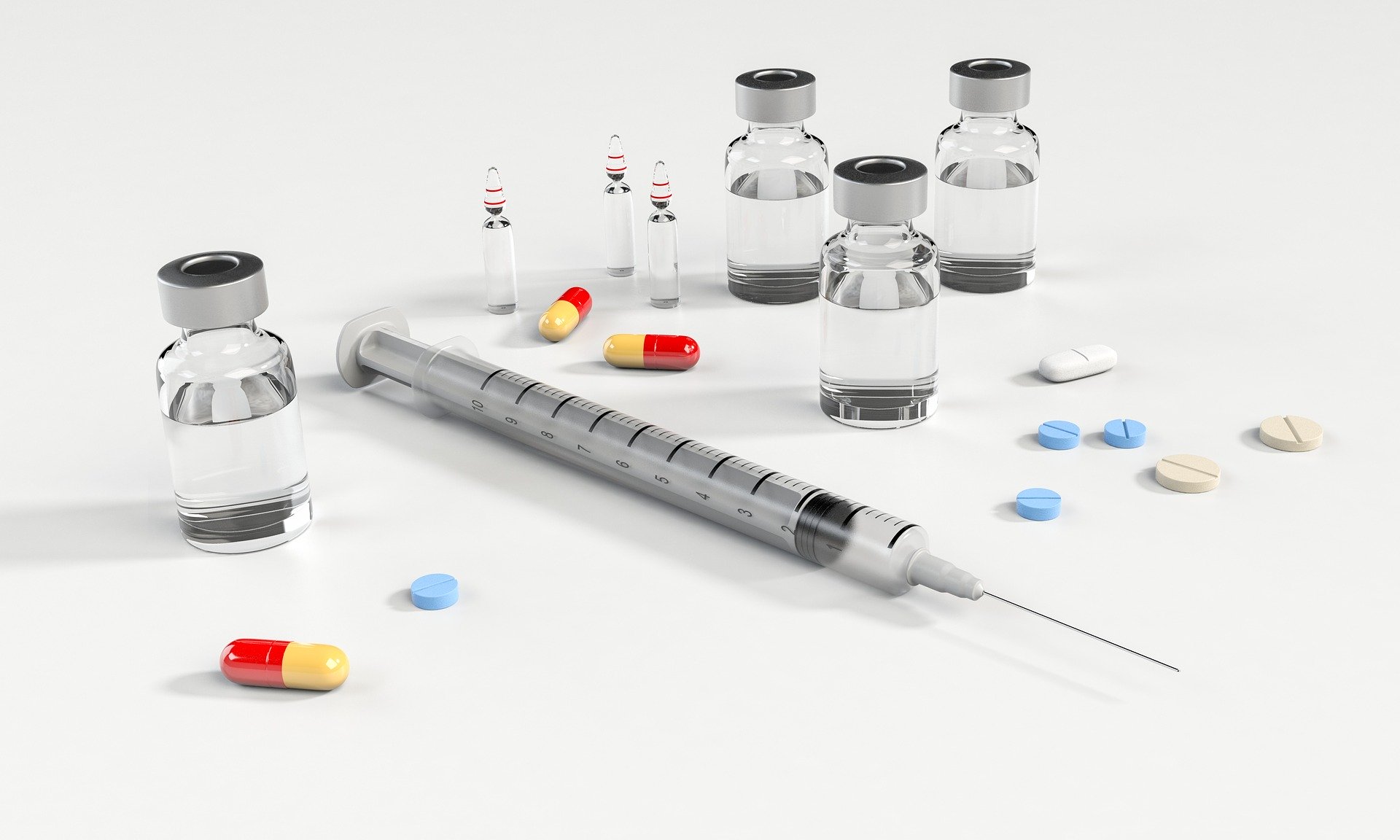Residents of the Morris Hall and Clover Meadows long-term care facilities, along with staff, are expected to receive the first COVID-19 vaccinations as the inoculation program begins to roll out in the nursing homes this week, Lawrence Township officials said.
Arrangements have been made for the CVS and Walgreens drug store chains to administer the vaccines – which come in two doses, 21 to 28 days apart – to the nursing homes and assisted living facilities.
Morris Hall, which offers assisted living and nursing home care, is located at 2381 Lawrenceville Road/Route 206. The Clover Meadows nursing home is located at 112 Franklin Corner Road, on the corner of Franklin Corner Road and Princeton Pike.
Although people over 65 years old make up close to 10% of the world’s population, they account for about 40% of all COVID-19 cases and about 80% of all COVID-19 related deaths, Dr. George DiFerdinando said. He is a physician and an adjunct professor at Rutgers University’s School of Public Health.
In Lawrence, 53 residents of the Morris Hall and Clover Meadows long-term care facilities have died of COVID-19 since the pandemic exploded in March. They are among the 76 Lawrence residents who have succumbed to the illness in the last nine months, Lawrence Township officials said.
The number of Lawrence resident who had tested positive for COVID-19 had topped 1,200 people through Dec. 25, according to the New Jersey Department of Health.
The monthly total of positive cases of COVID-19 in Lawrence initially peaked at 133 cases in April. The numbers declined during the spring and summer. They began to climb in October, when they reached 68 cases.
The number of positive cases of COVID-19 reached 267 in November, according to the New Jersey Department of Health. Through Dec. 25, there were 231 positive cases of COVID-19 in Lawrence reported during the month.
While there have been some questions about the safety of the COVID-19 vaccines developed by Pfizer/BioNTech and Moderna – especially for the elderly – both vaccines have undergone extensive clinical trials before being granted emergency use authorization by the U.S. Food and Drug Administration.
The clinical trials included Blacks, Hispanics, Asians, Native Americans and Whites. Pfizer tested its vaccine in 39 states and Moderna conducted its tests in 32 states.
Only a “modest” number of volunteers in the Pfizer and Moderna clinical trials have been at least 65 years old, and even fewer have been older than 85 years old, DiFerdinando said.
Of the nearly 44,000 people enrolled in the Pfizer clinical trials, 45% were between 56 and 85 years old. The Moderna clinical trials enrolled 30,000 people, of whom 64% were at least 45 years old – and of that group, 25% were at least 65 years old.
“One of the reasons that the Moderna vaccine was approved after the Pfizer vaccine is because Moderna expanded its volunteer pool to include more people older than 65 years old. It’s difficult to get people over 85 years old into the clinical trials because of exclusions for other reasons,” DiFerdinando said.
The results of the clinical trials showed that the effectiveness and safety of the Pfizer and Moderna vaccines are the same in people under 65 and those who are older than 65, he said.
The side effects and the adverse effects have been essentially the same in all age groups – although in general, the older the person is, the less likely it is that they will experience a side effect or adverse effect, DiFerdinando said.
“The side effects are lower in people who are older. That doesn’t mean you can’t have chills. You can have a fever, you can have muscle aches, but it’s actually lower in people that are older,” he said. “There is no data at all on any severe reaction in people who are older – no hypersensitive reaction in older people.”
Typical side effects are soreness at the injection site, a slight fever, fatigue and muscle aches. The two pharmaceutical companies said that less than 10% of people experienced a side effect.
The vaccines will decrease hospitalization and symptoms in many patients, but it is not known whether it will prevent infection, DiFerdinando said.
Prevention of infection is not the end point of the clinical trials, he said. Even with a vaccination, a person may become susceptible to becoming infected and also to infecting others.
Despite having received a vaccination, the preventive measures already in place – social distancing, mask-wearing and frequent hand-washing – must be observed to stop the spread of COVID-19, DiFerdinando said.

